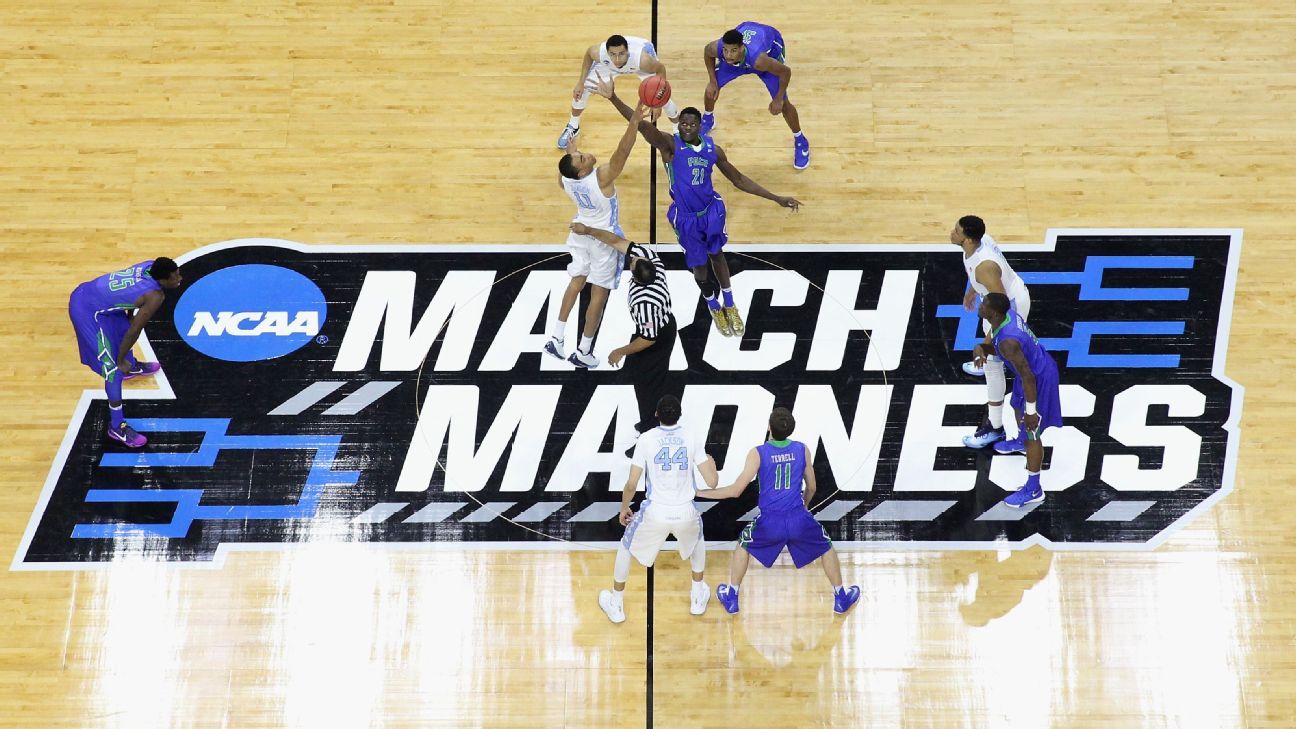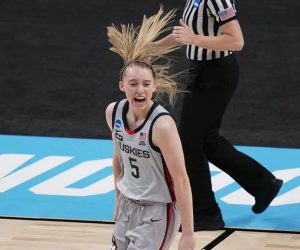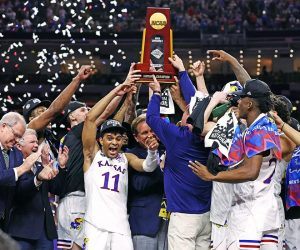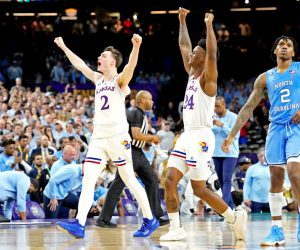The NCAA has long been one of the staunchest opponents of legalized sports betting, but they seem to be softening their stance, at least somewhat. No, they’re not about to drop their challenge to New Jersey vs. the NCAA in the Supreme Court, but the group representing college athletics has decided to change how they deal with students caught up in gambling on sports.

No longer will the NCAA bring the hammer down on alleged betting offenders without their having any recourse for appeal. Now, schools will judge gambling offenses by student athletes on a case-by-case basis.
Introducing Due Process
Until very recently, student athletes busted for betting on sports of any kind immediately lost their eligibility — no questions asked, no room for argument, and no escaping serious sanctions of some kind. Punishments ranged from a minimum of a one-season ban, to a lifetime ban for those presumed to have placed bets on games involving their schools.
And it wasn’t just limited to betting directly on the games. From the NCAA’s perspective, sports betting could include popular pastimes such as fantasy sports or March Madness bracket pools.
But on April 25th, the NCAA amended its bylaws. Moving forward, alleged violators will be allowed to state their case through an appeal process.
“To promote increased fairness, the committee believes it is important to conduct a case-by-case review of sports wagering violations and also provide an appellate opportunity,” the NCAA legislative committee wrote in its rationale for the amendment.
No word yet from the NCAA on who exactly will hear those appeals, or what prompted the change.
Judgment Days Forthcoming
The new protocol happens to comes as the US Supreme Court nears a high-profile decision on the legality of a current ban on sports betting across most of the United States. Many expected the verdict to be handed down in early March, and while it may come as early as next week, the saga could still stretch into late June.
The case has the potential to open the door for individual states to legalize sports betting. It would be a major blow for the NCAA, which has adamantly opposed such measures to allow for a regulated industry outside of Nevada. The organization hasn’t publicly lobbied for or against any of the bills currently moving through different states, but wants it known that sports betting poses a direct threat to its values.
“The NCAA opposes all forms of legal and illegal sports wagering, which has the potential to undermine the integrity of sports contests and jeopardizes the welfare of student-athletes and the intercollegiate athletics community.” – NCAA Statement from its website
It stands to reason that if SCOTUS does open the floodgates for future sports betting, the NCAA’s new appeal process will undoubtedly be put to the test.










